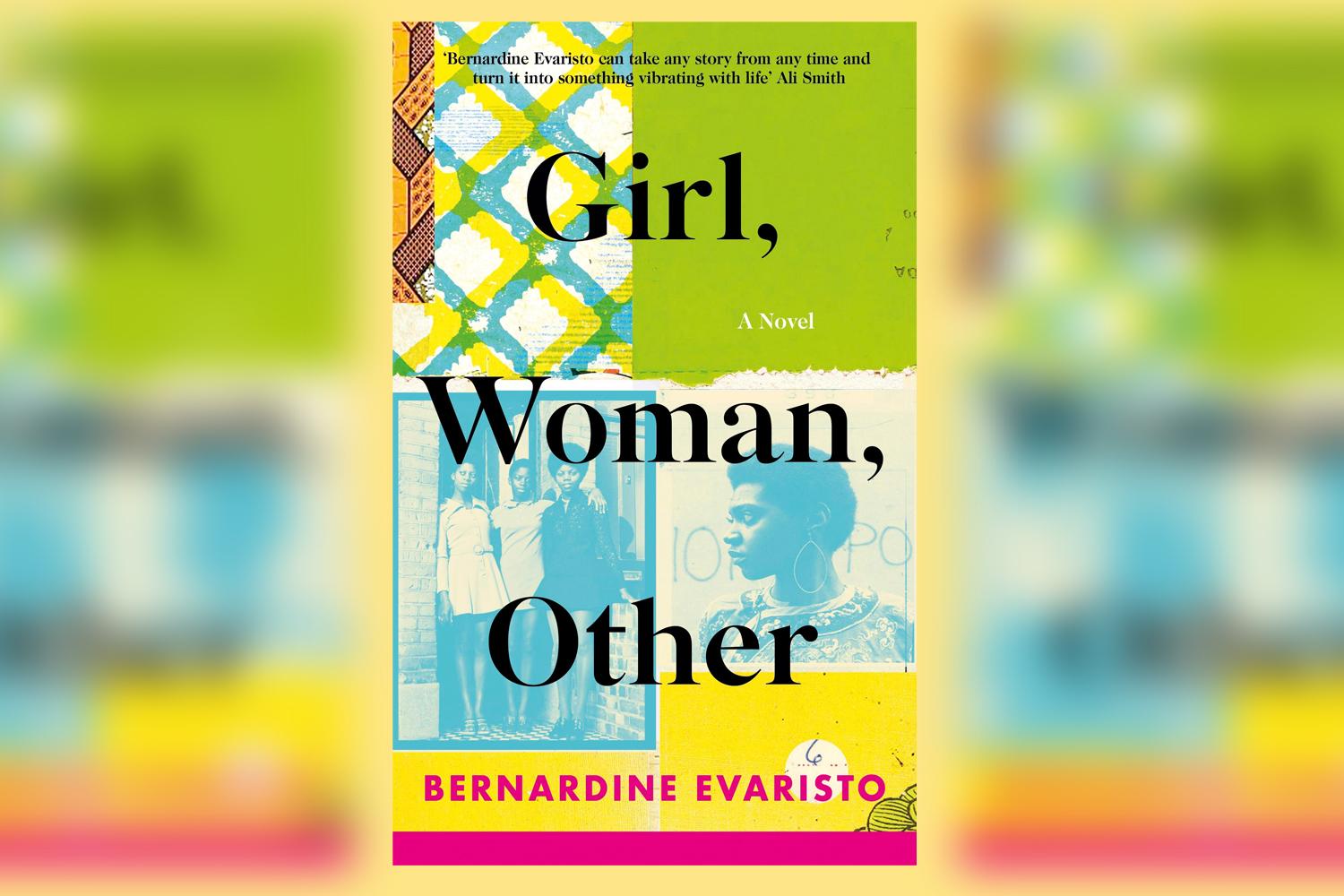
The latest lifestyle, fashion and travel trends
Bernardine Evaristo won half the Booker Prize last week — sharing the award with Margaret Atwood, when the judges, chaired by Peter Florence, failed to do their job, choosing a winner.
The split decision, expressly forbidden by the rules of the prize, has been universally ridiculed. One of the judges, Afua Hirsch, didn’t help by publishing an article asserting she was proud of the decision, while inadvertently revealing that, on her part at least, it was made on dodgy criteria. When it comes to Atwood and Evaristo, “you can’t compare them”, she said, “but you can recognise them both. And I’m glad this is what we did.” On this helpless basis, there can be no literary prizes. Or if there are, they should have as many winners as entrants.
How did the Booker end up such a muddle? Perhaps partly because it was so overtly, this year, a prize devoted to celebrating diversity above other forms of excellence in fiction.
If diversity is what you value most in new fiction — and given that one of the great purposes of fiction is to help us understand the experiences of others, it might very well be — then it seems almost indecent to prize one form of diversity more than another. So that would make it difficult to choose a single winner wouldn’t it? Unless perhaps it is possible to decide which novel is, as it might be almost quantitatively, the most diverse?
That novel this year is Girl, Woman, Other. This highly readable, even slightly saga-ish, book is dedicated to presenting the life experiences of 12 black British women from different backgrounds, giving a voice as directly as possible to those who, until really quite recently, have been little represented in British fiction, certainly not in novels with the sales that Evaristo’s now seems certain to achieve.
Each of these women is given her own section, almost a separate short story, loosely linked. First we meet Amma, the character most resembling Evaristo herself, a radical feminist lesbian playwright in her fifties, about to go to the first night of her latest play, The Last Amazon of Dahomey, at the National. The book returns to the celebratory after-party in its penultimate chapter, an occasion that brings together nearly all the other characters.
There’s Yazz, Amma’s sparky 19-year-old student daughter, fathered by dapper gay media don, Roland. There’s Dominique, her lifelong ally, despite her move to America, after being inducted into a radical feminist lesbian commune by a controlling lover, Nzinga. There’s her schoolfriend Shirley, who has become a teacher herself, striving to help her more talented pupils. Among them is Carole who, after being gang-raped as a teenager, has resolutely taken control of her life, attending Cambridge, becoming a banker — and finding a white partner, to the initial consternation of her Nigerian mother, Bummi. Carole’s schoolfriend LaTisha, however, works in a supermarket and has three children by different fathers.
Then there’s the extended family of Grace, born in 1895, to an itinerant Abyssinian seaman and a 16-year-old girl from South Shields, orphaned when she was eight but married to a landowning farmer. Her one child, Hattie, now 93, married an African-American serviceman, Slim — and their descendants include Megan/Morgan, who self-identifies as gender-free, “they”, and has become an important social media influencer and activist. “Megan was part Ethiopian, part African-American, part Malawian, and part English which felt weird when you broke it down like that because essentially she was just a complete human being”, we are told, in a voice that is partly her own but also choric.
One of the 12 women here, a foundling, Penelope, a middle-class, twice-divorced feminist now nearly 80, seems not to belong so much to this novel — until an Ancestry DNA test proves otherwise, returning her to its heart, for a heartwarming end (“this is about being / together”).
Evaristo packs all this in by adopting a free declamatory style, using commas, but no caps to start sentences, and no full-stops or quotation marks. The prose is printed almost as verse, with crudely emphatic line breaks, and even single-word lines, mixing together narration, dialogue and internal monologue, reading at times like a play-script. The syntax is repetitious (she does this, she does that), the diction loose and conversational. Evaristo provides a great deal of information about her characters (including always about the food they eat and the clothes they wear and other such markers) but it nonetheless remains cursory and sketchy, like a series of rapid CV’s.
Despite the lack of conventional punctuation Girl, Woman, Other makes for fast, easy reading, but it never deepens much as a novel beyond this level of quasi-sociological reportage, skimming along. Perhaps given the mission — “ I just wanted these characters to expand in people’s minds the idea of what black British women can be”, Evaristo said after half-winning — this profusion is no fault, but rather the essence of her achievement.
The Booker Prize might usefully clarify its purpose next time around, though.
Girl, Woman, Other by Bernardine Evaristo (Hamish Hamilton, £16.99), buy it here.
